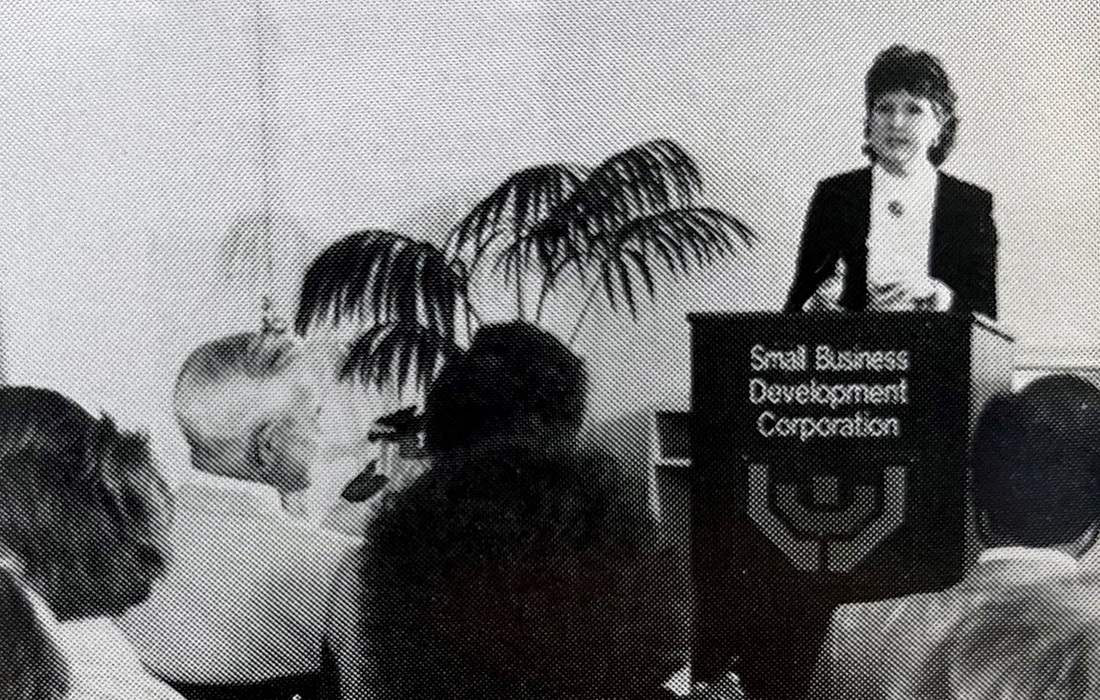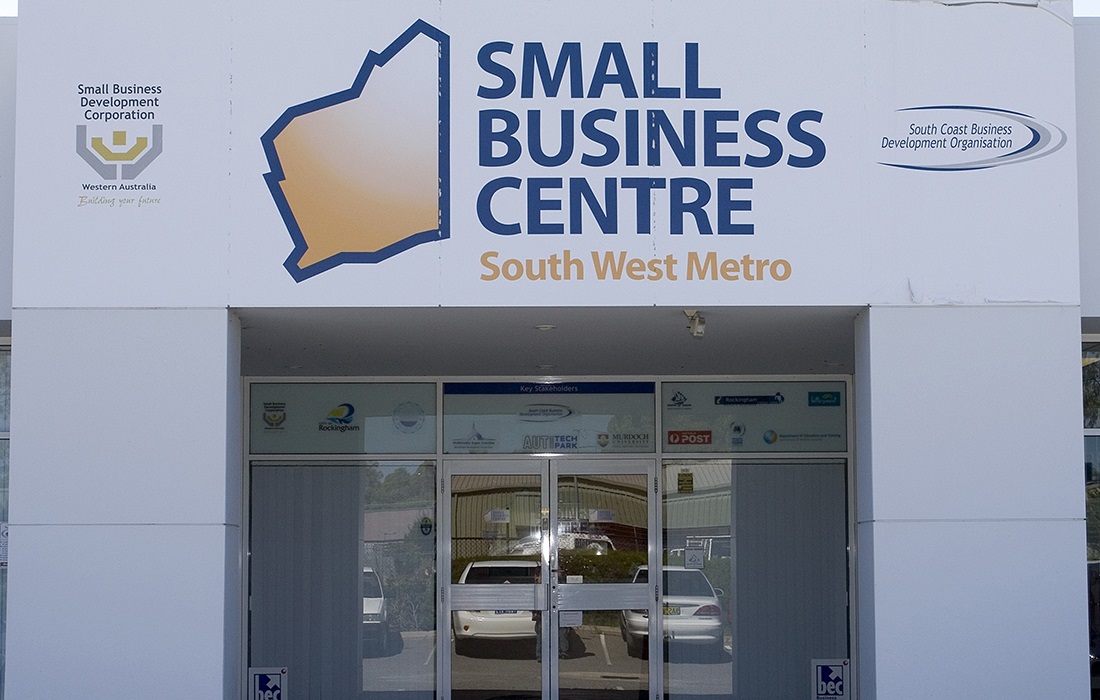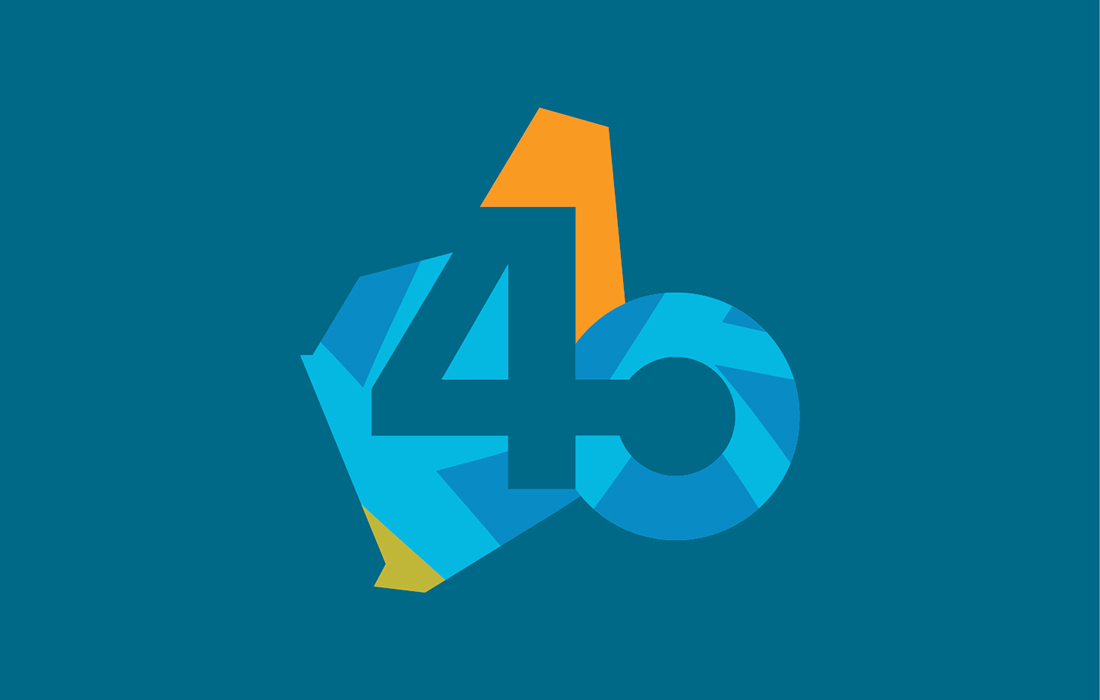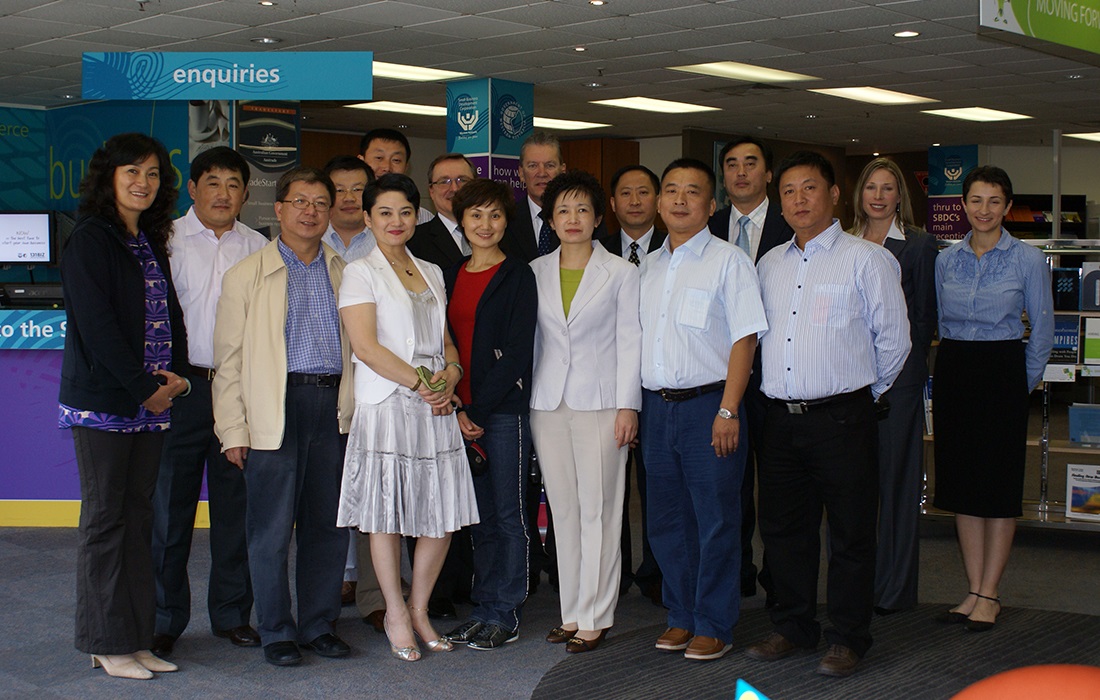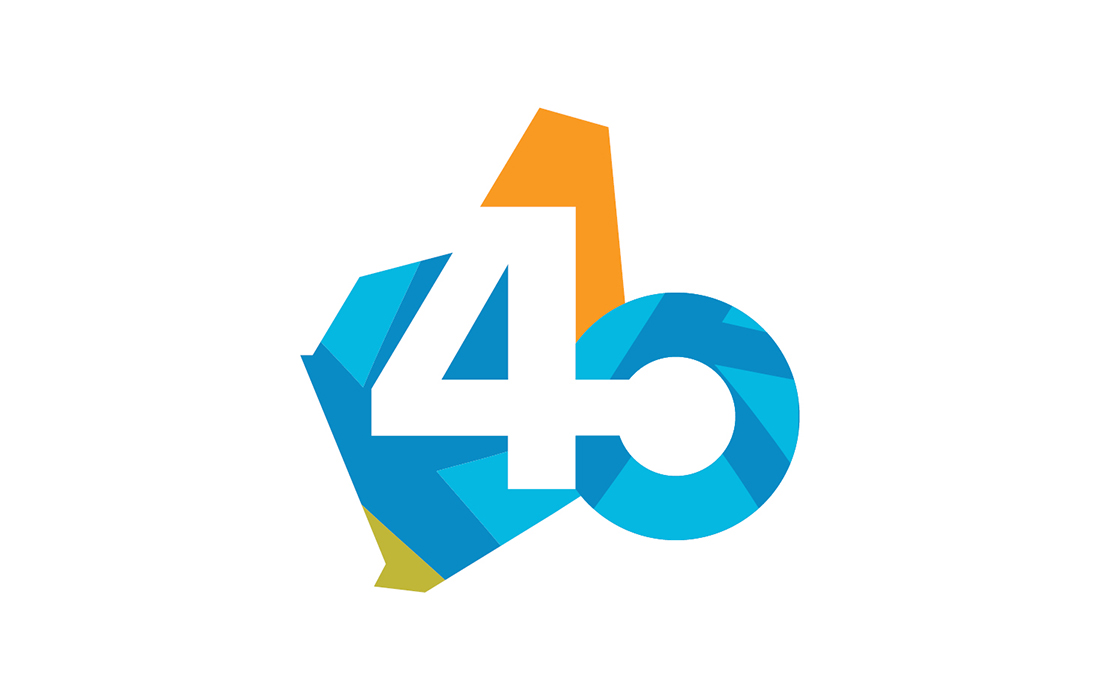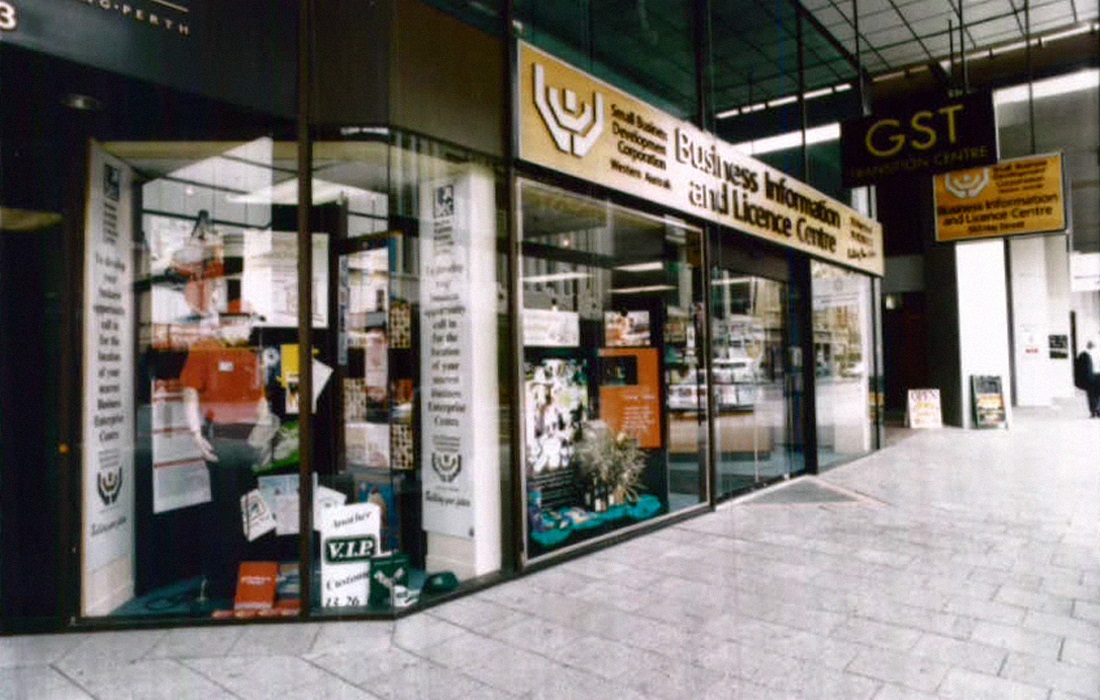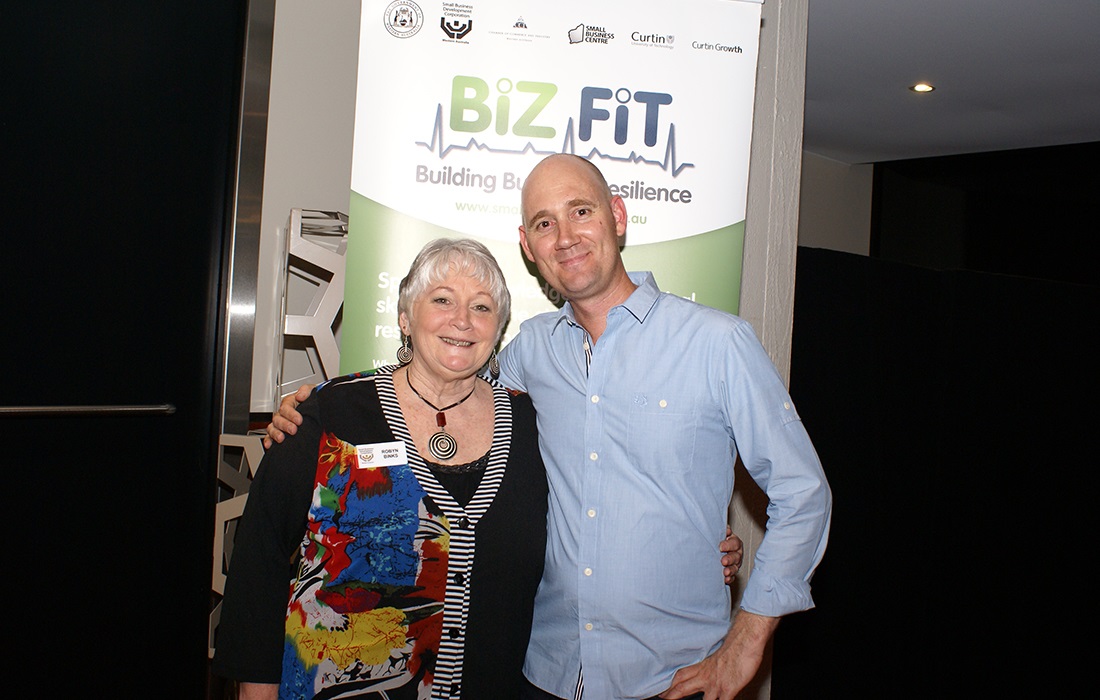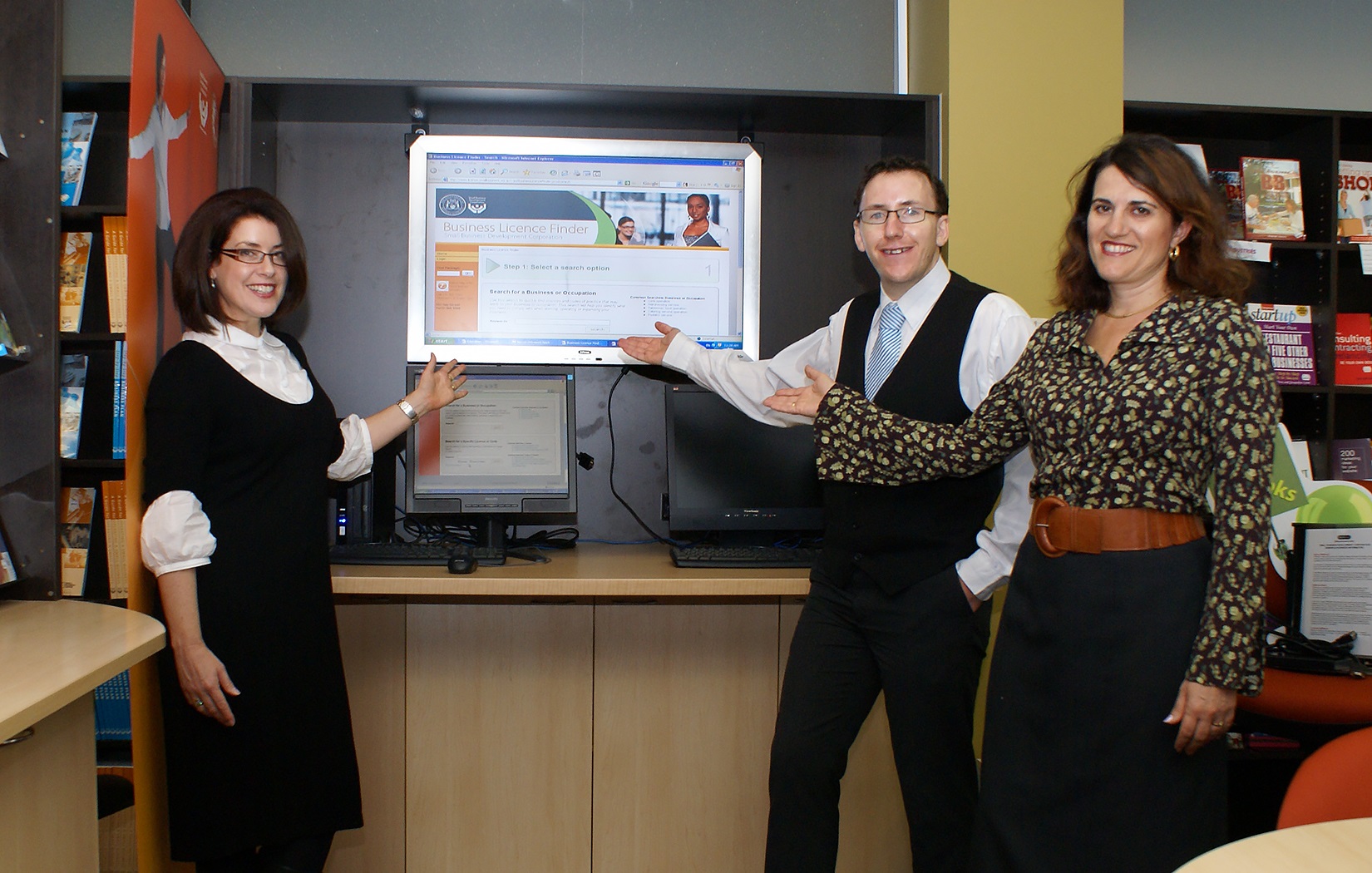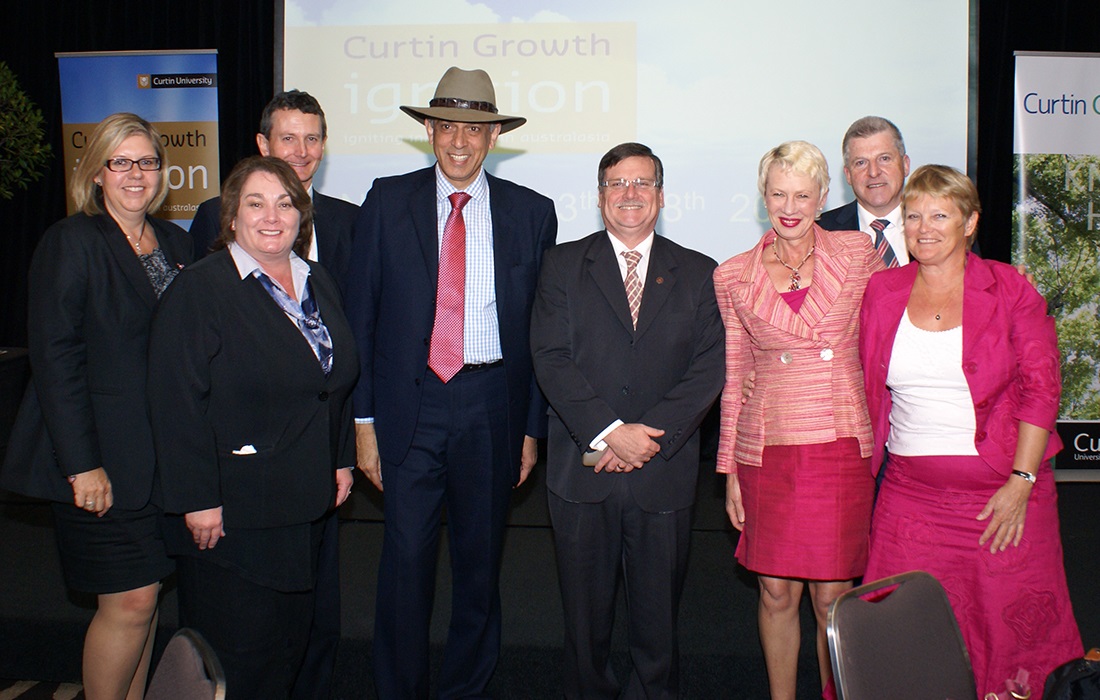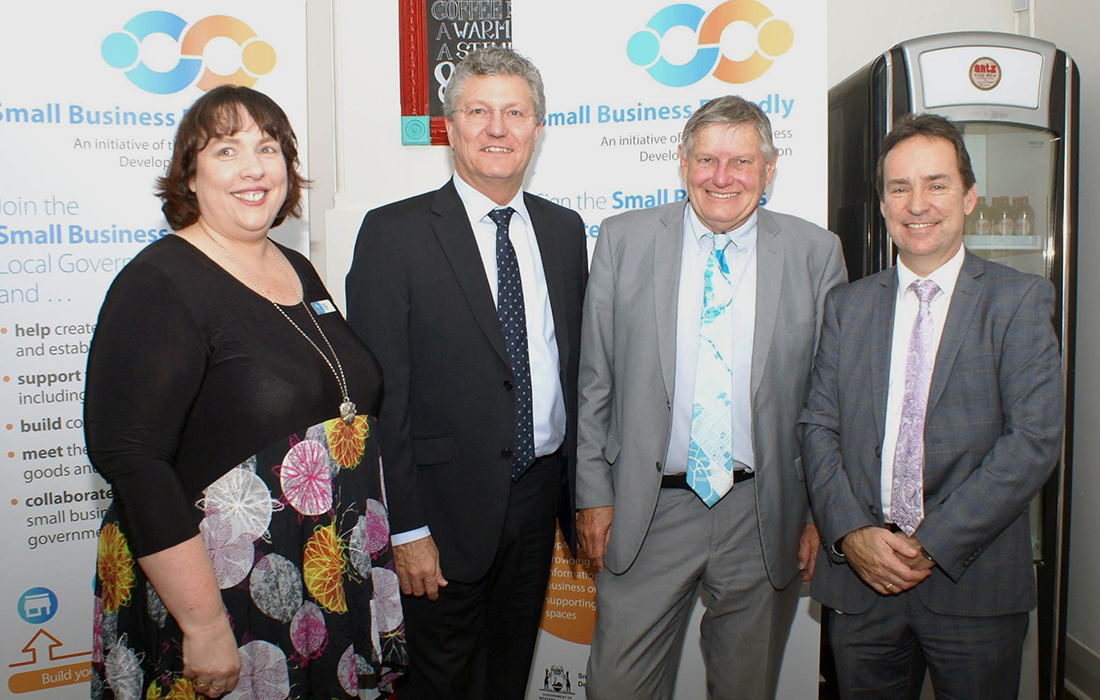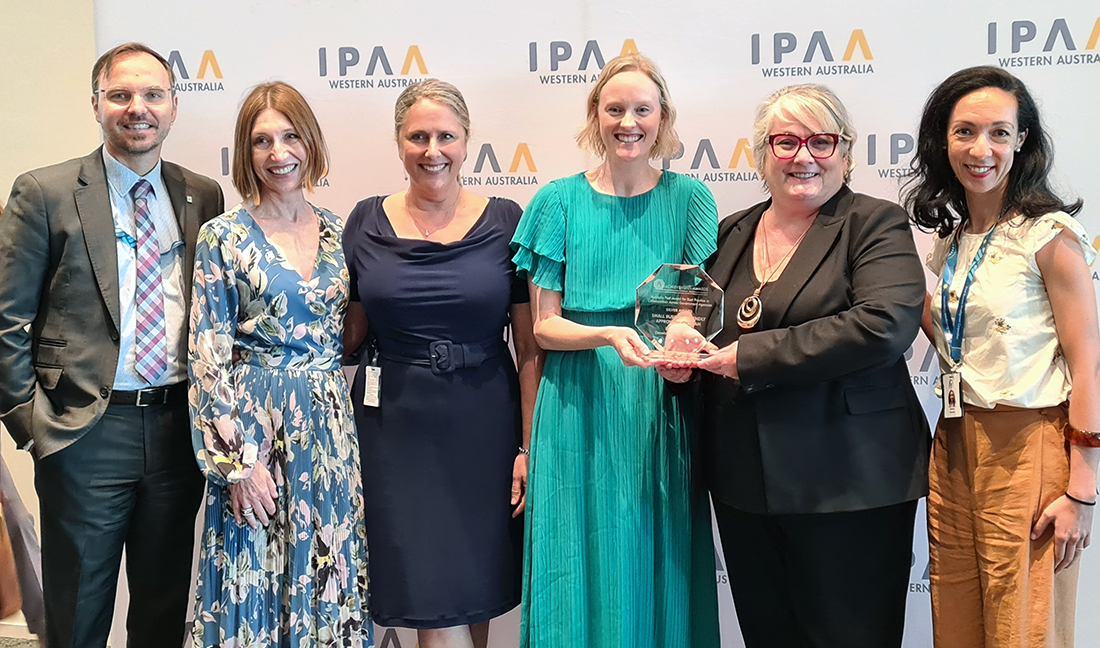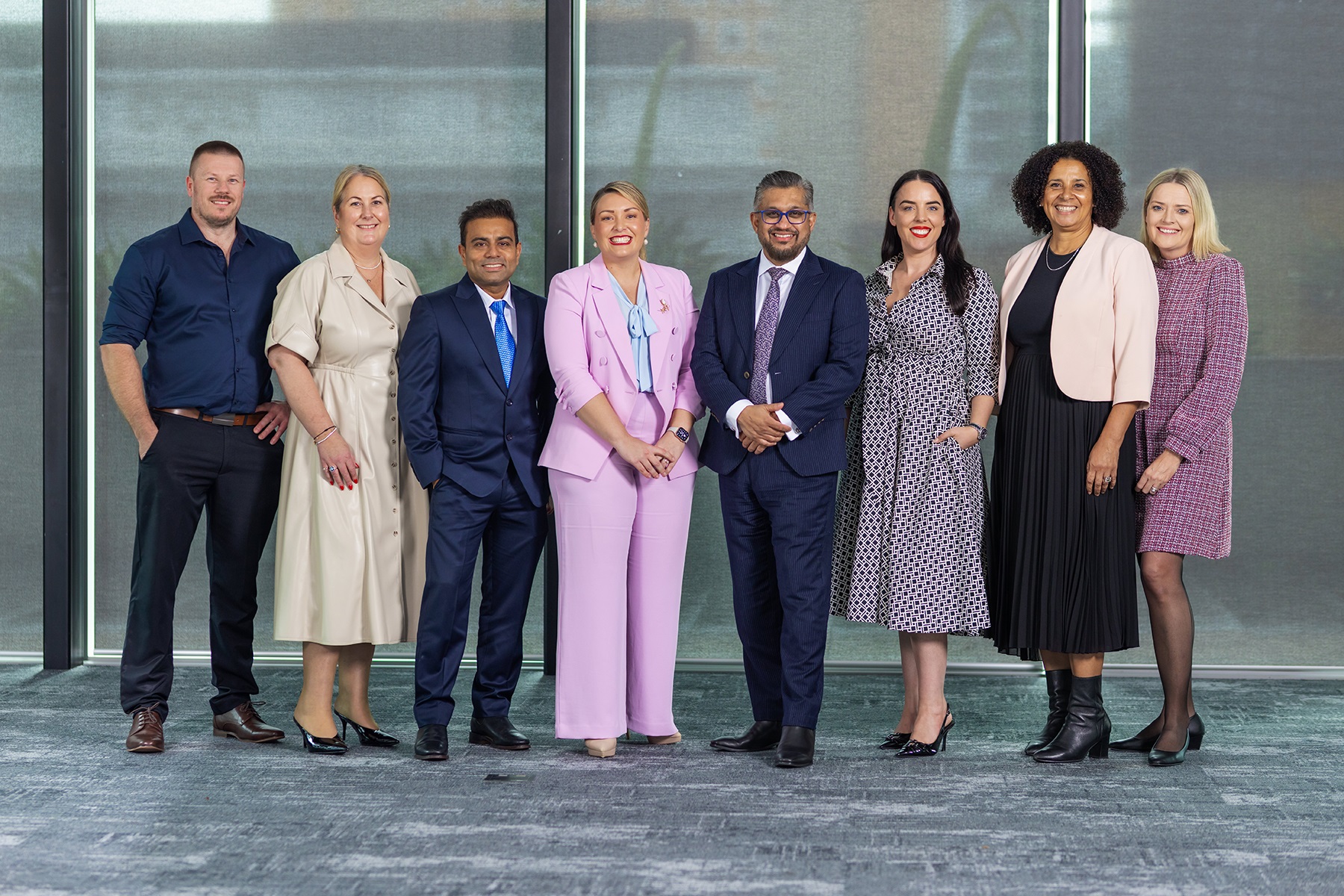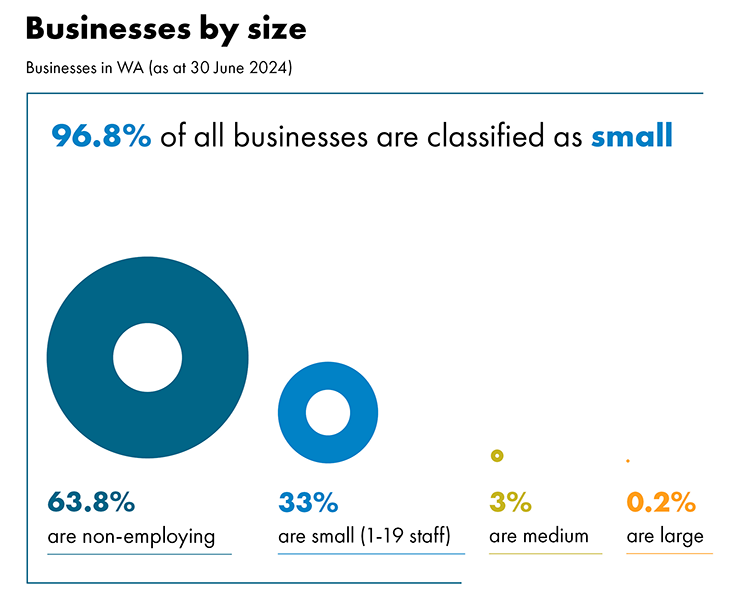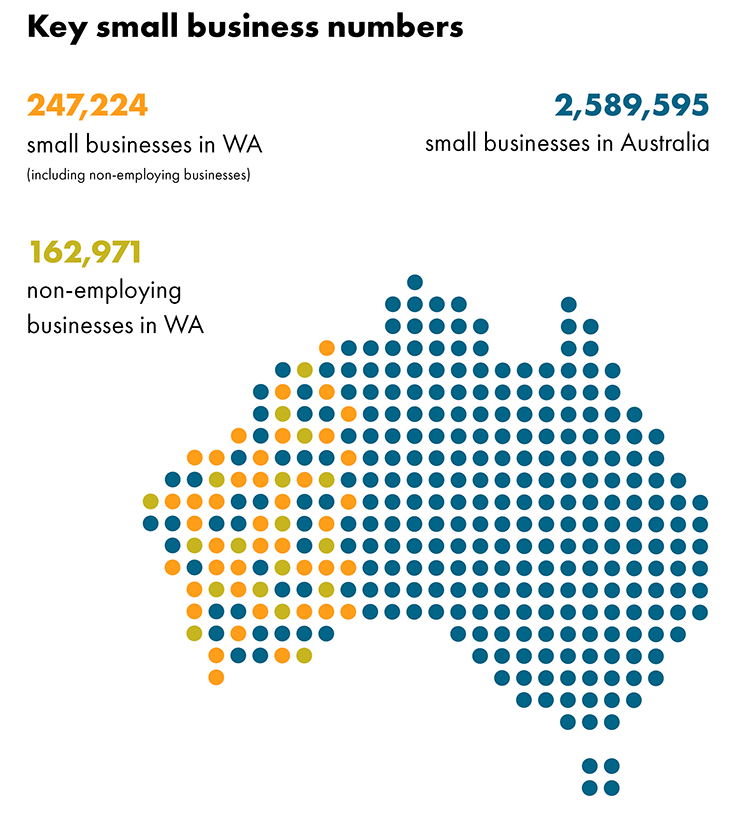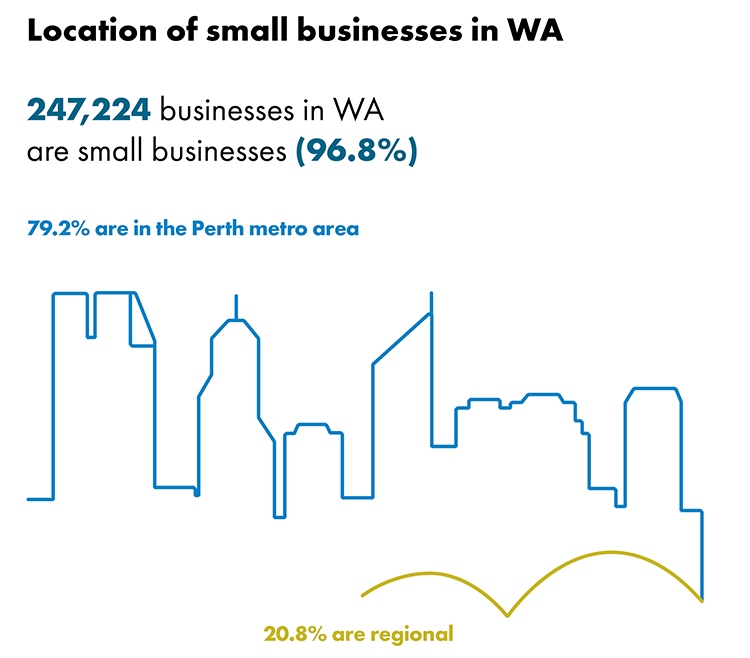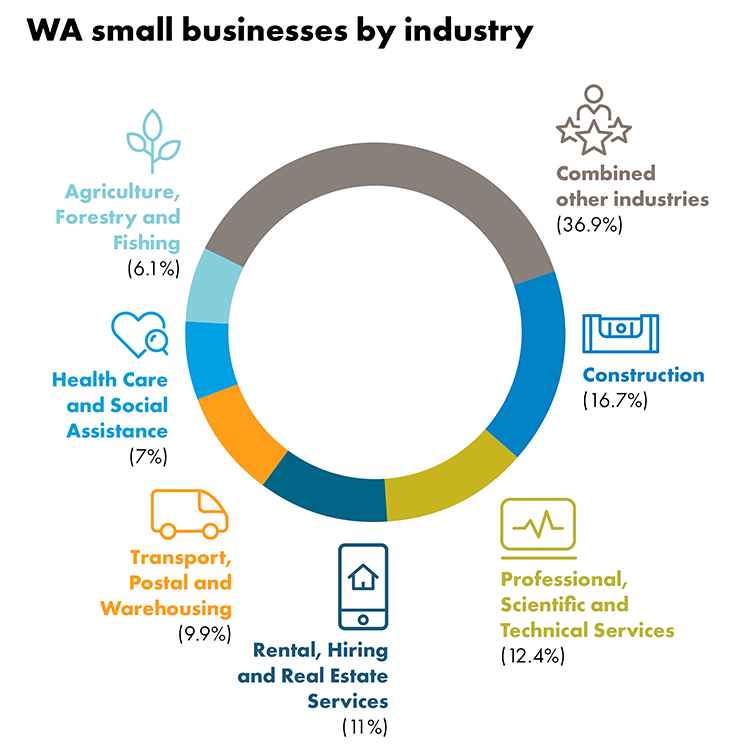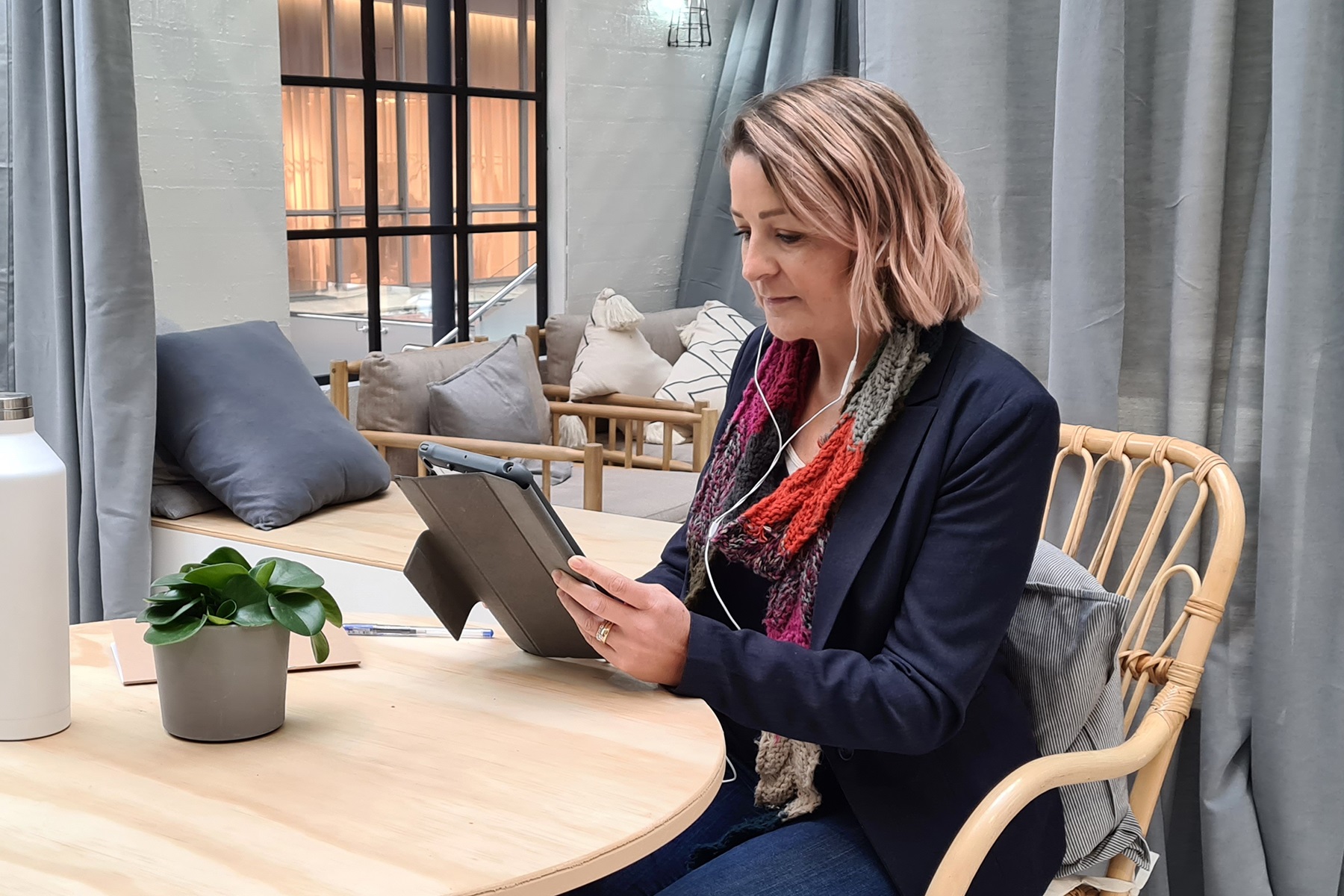We are not currently accepting sponsorship applications. The next round of applications will open on 1 July 2026. We appreciate your interest and encourage you to apply at that time.
About the Small Business Development Corporation
The Small Business Development Corporation (SBDC) is a Western Australian State Government Agency whose mission is to deliver and facilitate relevant, practical support to small businesses and advocate on their behalf. Our vision is for a strong and enterprising small business sector and our purpose is to unleash Western Australians’ enterprising business spirit.
Find out more about the SBDC's vision, mission, values and purpose.
Our strategic objectives for 2023-26 are to:
- Offer contemporary and practical services across Western Australia
- Evolve our business to be agile, future focussed, effective and efficient
- Drive improvements to the operating environment for small businesses
- Build and leverage strategic alliances and partnerships
- Contribute to the growth and diversity of the Western Australian economy
Download the SBDC Strategic Plan 2023-26 – one page summary.
Sponsorship outcomes
The SBDC has a limited sponsorship budget each financial year and has introduced a new sponsorship and partnership application process to ensure that allocation of sponsorship meets the SBDC’s objectives.
The SBDC may engage in sponsorship and partnership activities where the arrangement contributes to one or more of the following outcomes:
- supports the SBDC’s Strategic Plan 2023-26 strategic initiatives
- supports the SBDC’s purpose and organisational values
- increases the effectiveness of the SBDC’s strategic initiatives as outlined in the SBDC’s Strategic Plan 2023-26
- communicates key SBDC or overarching Western Australia Government messages to desired target audiences
- enhances the SBDC’s public image, brand and reputation.
How to apply
Applications must be summitted via our online application form.
Sponsorship categories
The following categories outline the expected sponsor benefits applicants in each financial category.
| Financial contribution (excluding GST) | Expected benefits |
|---|---|
| Less than $1,000 |
|
| $1,000 to $5,000 |
|
| $5,000 - $10,000 |
|
| $10,000 or more |
|
Evaluation process
- Prospective applicants will be referred to this page for sponsorship guidelines and to complete the online application.
- Sponsorship applications will be evaluated against defined sponsorship criteria with applications approved or declined.
- Applicants will be notified of sponsorship outcome.
- Successful applicants will be provided with a sponsorship agreement to co-sign.
- Successful applicants provide a post-event evaluation report to the SBDC within six weeks of their event.
To ensure we have enough time to review your proposal and, for approved sponsorships, to finalise our sponsorship agreement, please submit your application at least six weeks before your event.
The SBDC’s decision is final and not all applications will be deemed successful, even when application guidelines have been met.
We are not currently accepting sponsorship applications. The next round of applications will open on 1 July 2026. We appreciate your interest and encourage you to apply at that time.
